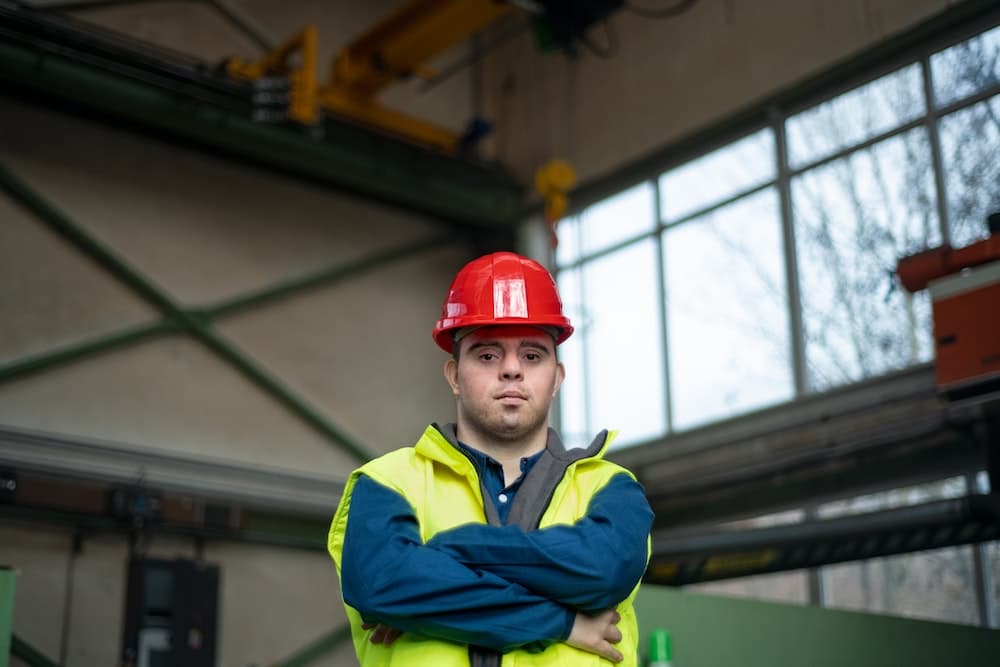How Can You Integrate a Portable Greenhouse into Your Urban Gardening Strategy?

Urban gardening is transforming city landscapes, filling every available space with green beauty and nutritious food. For the green-thumbed urban dweller, the desire to grow your edible plants and flowers is often hindered by the limited space typical of city living. But what if we told you there’s a versatile solution that will not only address the space issue but also help you cultivate a variety of plants all year round? The solution is a portable greenhouse.
Understanding the Portable Greenhouse Concept
Portable greenhouses, also known as pop-up or mini greenhouses, are compact structures designed to offer a controlled environment for plant growth. They’re typically made of flexible, light materials such as plastic or polythene, with a frame that can be easily dismantled and reassembled. These greenhouses are perfect for small spaces such as balconies, patios, backyards, or even rooftops.
Lire également : How to Create an Eco-Friendly Rainwater Harvesting System for Your Garden?
Most urban dwellers often struggle with limited gardening space. However, incorporating a portable greenhouse in your gardening strategy can help you maximize your available space while providing an ideal environment for a wide variety of plants. They’re also an excellent way to start seeds, propagate plants, and extend your growing season.
Designing Your Portable Greenhouse
The design of your portable greenhouse should reflect your gardening needs and the available space. Fortunately, these greenhouses come in different sizes and designs, and can be tailor-made to suit your requirements.
A voir aussi : What Are the Best Indoor Climbing Structures for Active Pets?
When designing your portable greenhouse, consider factors such as the type of plants you wish to grow, the amount of sunlight they require, and how much space each plant needs to thrive. You should also consider the orientation of your greenhouse to ensure it gets enough sunlight throughout the day. A well-thought-out design will ensure your plants have the best conditions for growth.
It is equally important to consider ventilation and temperature control in your greenhouse design. Many portable greenhouses come with adjustable vents or doors that can be opened to regulate temperature and humidity.
Using the Right Soil and Water System
The soil and water system you use in your portable greenhouse is crucial to the success of your plants. It’s important to use high-quality potting soil that’s rich in nutrients and has good water-holding capacity. Also, consider the pH requirements of your plants when choosing your soil.
As for watering, your plants will need consistent and adequate moisture. You could employ manual watering methods, but for more efficiency and to save time, consider investing in a drip irrigation system. This system irrigates the soil at a slow, steady rate, ensuring that the plants get enough water without promoting water-logging or soil erosion.
Regularly check the soil moisture levels to ensure your plants are not overwatered or underwatered. Both scenarios can lead to plant stress, disease or even death.
Implementing High Yield Farming Techniques
To get the most out of your greenhouse, you should implement high yield farming techniques. These are strategies that maximize the amount of food you can produce per square foot.
One such technique is vertical farming. Here, plants are grown vertically, rather than horizontally, saving space and allowing for more plants in the same area. This technique is particularly useful for vining plants like tomatoes, peas, and cucumbers.
Another high-yield technique is succession planting. This involves planting new crops as soon as the previous ones are harvested, thereby ensuring a continuous supply of fresh food.
Incorporating the Greenhouse into Urban Agriculture
As urban agriculture continues to gain traction, portable greenhouses offer an excellent way to contribute to this movement. They enable city dwellers to grow their food, reducing their dependence on commercially grown produce, and promoting food security.
In addition to supplying your table with fresh, organic produce, your portable greenhouse can also contribute to urban greening efforts. By growing plants, you help to reduce carbon dioxide levels in the city, contribute to biodiversity, and improve the aesthetic appeal of your urban space.
Urban agriculture, including portable greenhouses, has the potential to create urban farms that provide fresh, healthy food to city residents. These farms could be situated in various urban spaces from backyards to rooftops, fostering community interaction and nurturing a culture of sustainable living.
In conclusion, integrating a portable greenhouse into your urban gardening strategy can revolutionize your urban gardening experience. It offers a versatile solution to space constraints and a means to grow a variety of plants year-round. Furthermore, it contributes to urban greening initiatives and promotes sustainable, community-focused living.
Embracing Technology in Your Greenhouse
As an urban gardener, embracing technology in your portable greenhouse could significantly boost your plants’ growth and productivity. High tech systems such as automatic watering, temperature regulation, and lighting can be integrated into your mini greenhouse for optimum plant growth.
Automatic watering systems, like drip irrigation, ensure that your plants get a consistent moisture supply, reducing the chances of overwatering or underwatering. Temperature regulation systems help maintain the ideal temperature range for your plants, guarding against extreme temperatures that could cause plant stress. If your urban area does not receive ample sunlight, consider investing in artificial lighting systems to supplement natural light.
Furthermore, digital tools can assist in monitoring and maintaining optimal conditions in your greenhouse. For example, soil sensors can be used to keep track of soil moisture and nutrient levels, while climate sensors can monitor temperature and humidity levels.
Consider using high tunnel designs in your greenhouse garden, as these can offer an extended growing season for your plants. High tunnels are unheated greenhouses that can provide a warmer, more stable climate, protecting crops from harsh urban weather conditions.
Remember, even with high tech tools at your disposal, you’ll still need to observe your plants regularly. Look out for signs of stress or disease and adjust your greenhouse conditions accordingly.
The Role of Portable Greenhouses in Urban Farming
Urban farming is a growing movement that aims to bring fresh, nutritious food closer to city dwellers. Portable greenhouses are playing a significant role in this movement, providing an avenue for urban farmers to grow a variety of crops in compact urban spaces.
Imagine transforming your city’s rooftops into productive urban farms using portable greenhouses. These rooftop greenhouses can create a green urban canopy, contributing to biodiversity, and improving city landscapes.
Portable greenhouses also promote the use of raised beds, which are perfect for urban areas with poor soil quality or little open air space. Raised bed gardening involves growing plants in large planter boxes filled with high-quality soil. This method improves drainage, reduces soil compaction, and can result in higher yields.
Urban farms are not just about food production. They are community spaces where city dwellers can learn about gardening, sustainability, and healthy eating. Schools can use portable greenhouses to educate students about food production and environmental conservation. Neighborhoods can start community gardens, fostering social interaction and a sense of community ownership.
In essence, your portable greenhouse can transform from a personal gardening tool to a vital component of your city’s urban agriculture landscape.
Conclusion
Portable greenhouses provide an effective and versatile solution for urban gardening challenges. They offer a controlled environment for growing a variety of plants, fitting perfectly into the compact spaces typical of city living. Their adaptability, combined with the implementation of high-yield farming techniques and high tech systems, can significantly boost your food production.
Incorporating a portable greenhouse into urban farming efforts can help city dwellers achieve food security, contribute to urban greening initiatives, and promote sustainable living. They can turn rooftops, backyards, and even balconies into productive urban farms, transforming the urban landscape.
As more people embrace urban agriculture, portable greenhouses will undoubtedly play a crucial role in this green revolution. They are not just tools for personal gardening but also assets that can facilitate community interaction, environmental conservation, and a culture of sustainability in urban areas. Embrace the portable greenhouse and revolutionize your urban gardening experience.
